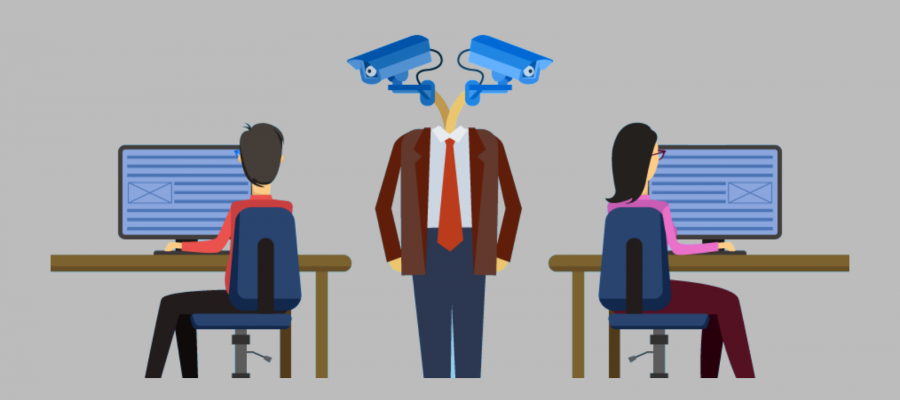By: Titus R. Willis The legal community is rapidly evolving: firms are more beholden to clients than ever, associates are growing more competitive with one another, and younger firm employees are more willing than ever to subject themselves to surveillance from their employers. These evolutions come alongside a boom in surveillance technology. Tech companies now provide services that can track every keystroke a lawyer makes on a company computer, analyze the content of their computer screens, or even develop algorithms to measure employee productivity. How does the modern law firm respond to these new technologies? How do they weigh their obligations to clients with the privacy considerations of their employees? This Note examines these key questions and makes a comment about the honor of the legal profession along the way. Download Full Article (PDF) Cite: 19 Duke L. & Tech. Rev. 75


